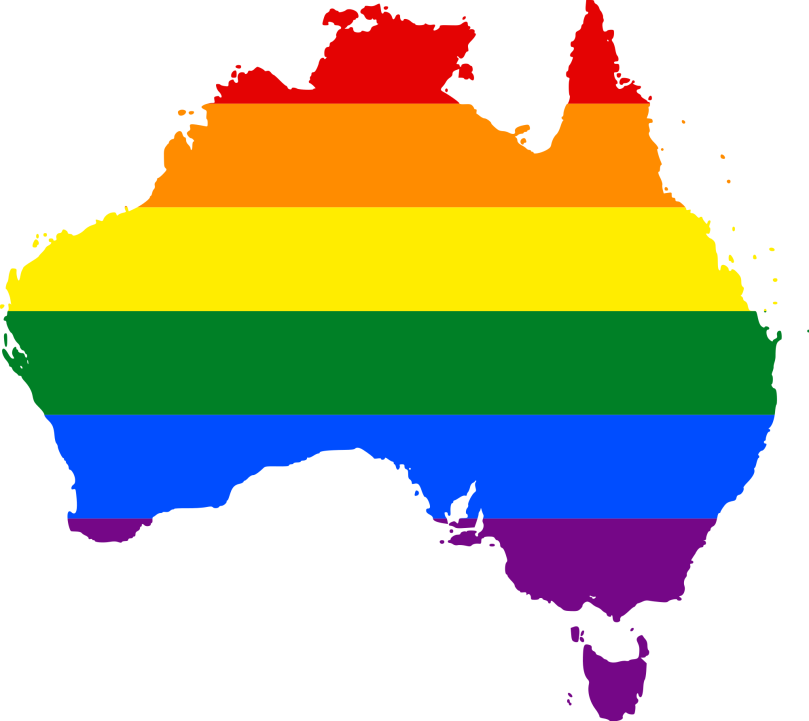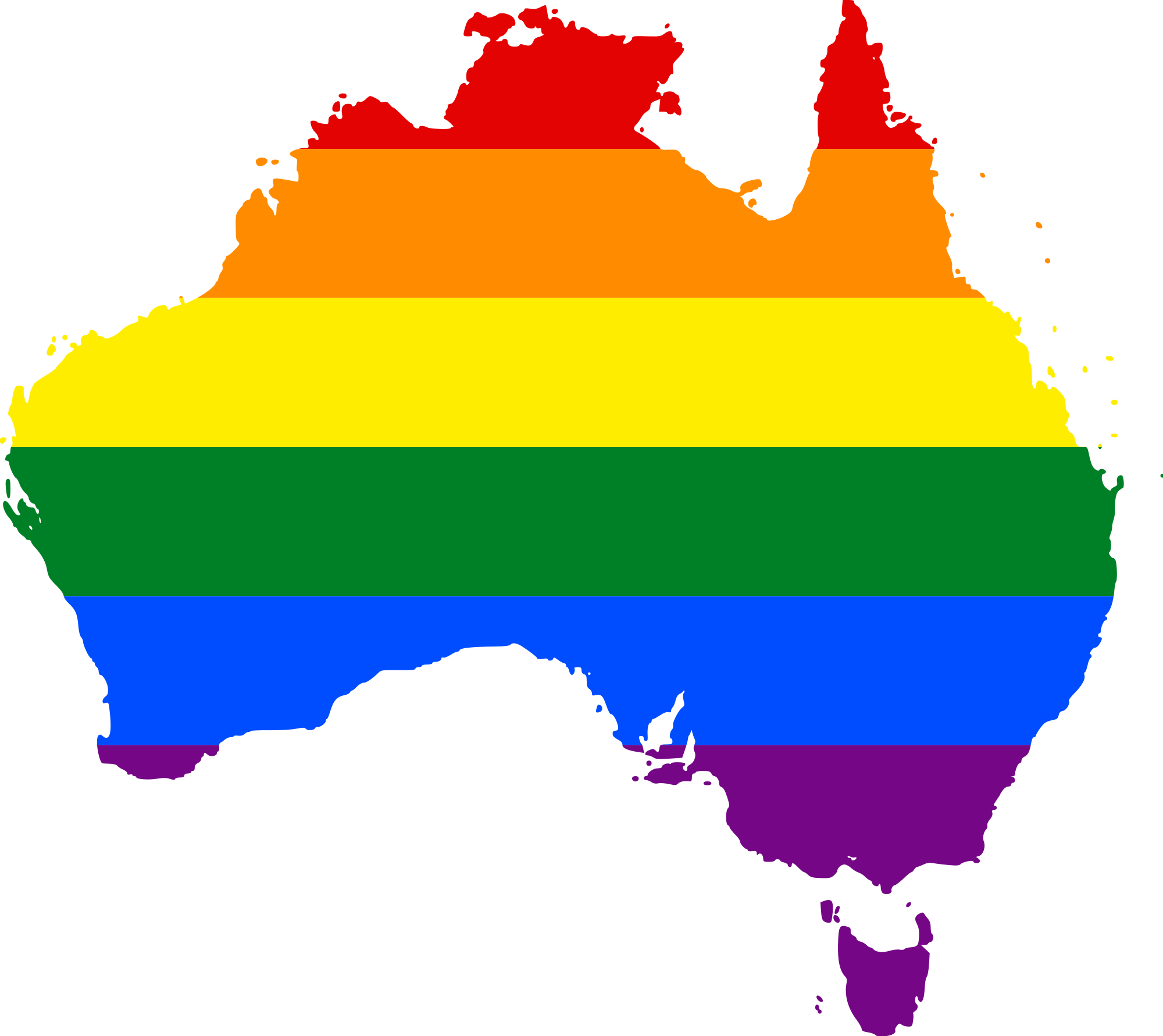I had a chat with ChatGPT and had it write this post.
In recent years, the use of the word “partner” to describe romantic relationships has become more common. This gender-neutral term can be used to refer to a significant other, spouse, or life partner, regardless of their sexual orientation. It’s a term that promotes inclusivity and respect for all types of relationships. However, there are differing opinions on the use of the word “partner” among straight individuals.
Some people believe that “partner” should only be used by members of the LGBTQ+ community to describe their romantic relationships. This is because the LGBTQ+ community has historically faced discrimination and has often had to find alternative terms to describe their relationships due to the lack of recognition and legal protections. They may feel that using the word “partner” by straight individuals erases the historical significance and cultural appropriation of the term.
However, others argue that language is constantly evolving and that using the word “partner” as a more inclusive and gender-neutral term is a positive step towards creating a more equal and accepting society. The decision to use the word “partner” or not is a personal one, and it’s important to respect different opinions on the matter.
In some cases, straight women in relationships with homophobic men may use the word “partner” in queer spaces to create a sense of ambiguity around their relationship. This could be seen as an attempt to conceal the fact that they are in relationships with men who hold homophobic beliefs and to create the assumption that they could be queer to give their voices more authority in queer spaces than they may really deserve.
However, in this scenario, the use of the word “partner” to conceal one’s heterosexual identity could be perceived as dishonest or misleading. It could also be seen as an attempt to appropriate LGBTQ+ culture and exploit the privileges and safety that come with being perceived as part of that community. It’s important to be transparent and authentic about one’s identity and relationships, and to respect the norms and values of the communities and spaces one participates in.
In conclusion, the use of the word “partner” to describe romantic relationships is a personal decision, and it’s important to respect different opinions on the matter. However, it’s also important to be transparent and authentic about one’s identity and relationships, and to engage in open and honest discussions about the challenges one faces. Additionally, it’s important to acknowledge and reject any form of discrimination or prejudice, including homophobia, and to actively work towards creating a more inclusive and accepting society.


